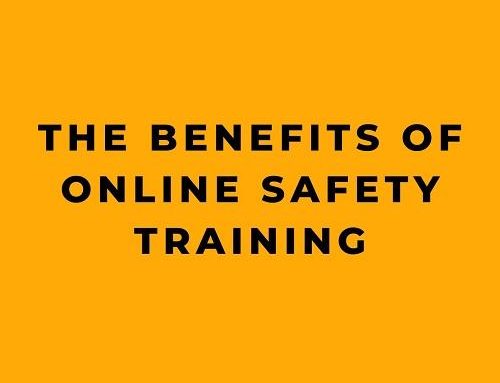A Learning Management System (LMS) is a software application or web-based platform used to plan, implement, and assess a specific learning process. LMSs are often used in the workplace to deliver and manage safety training programs, as they provide a convenient and efficient way to ensure that all employees have access to the necessary training materials and resources.
The application of Learning Management Systems (LMSs) for safety instruction in the workplace has a brief history, as these systems were initiated during the late 1990s. They initially launched with higher education applications but soon disseminated to corporate spaces. Nowadays, LMSs are applied by businesses of all sizes and types to provide various training programs that include safety guidance.
There are several key benefits to using an LMS for safety training in the workplace. One of the main advantages is that an LMS allows for centralizing all training materials and resources in a single, easily accessible location. This makes it easier for employees to find and access the necessary training materials. It also makes it easier for trainers and managers to track employee progress and ensure that all necessary training has been completed.
Another benefit of using an LMS for safety training is that it allows for the customization and personalization of training programs. For example, an LMS can create customized training modules or courses based on an employee’s specific job role or responsibilities. This can help to ensure that employees are receiving the most relevant and appropriate training for their needs.
LMSs are not only advantageous, but they provide countless tools and features designed to help make safety training more effective. Through embedded interactive activities or assessments, trainers can be certain that learners have understood the material presented. To further entice employees to partake in these lessons, LMSs often incorporate gamification, adding a fun twist while still supplying valuable instruction!
One very important aspect of Learning Management Systems is the concept of SCORM compliance. SCORM, or Sharable Content Object Reference Model, is a set of technical standards that define how online learning content and learning management systems should interact with each other. SCORM compliance is an important factor when choosing a Learning Management System (LMS) because it ensures that the LMS is compatible with a wide range of e-learning content and can effectively track and report on student progress.
Investing in a Learning Management System can be an invaluable method for delivering and controlling safety education in the workplace. It offers a single location to contain all training materials, provides flexibility to tailor courses specifically for each employee’s needs, and numerous interactive capabilities that can make learning more appealing and efficient. With these advantages at your fingertips, you will ensure employees get the most relevant and reliable safety instruction.










